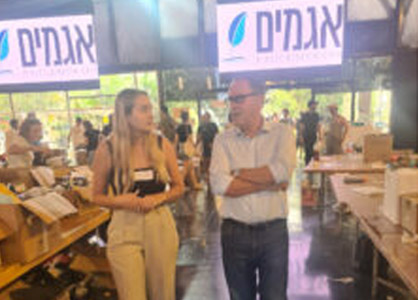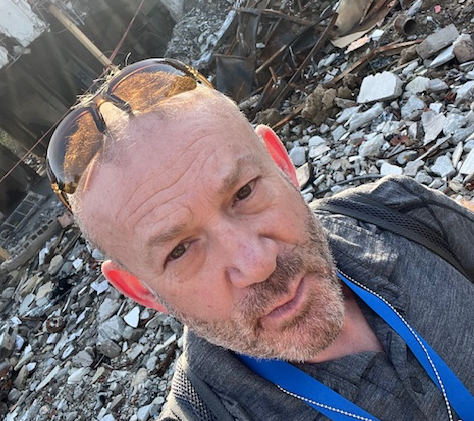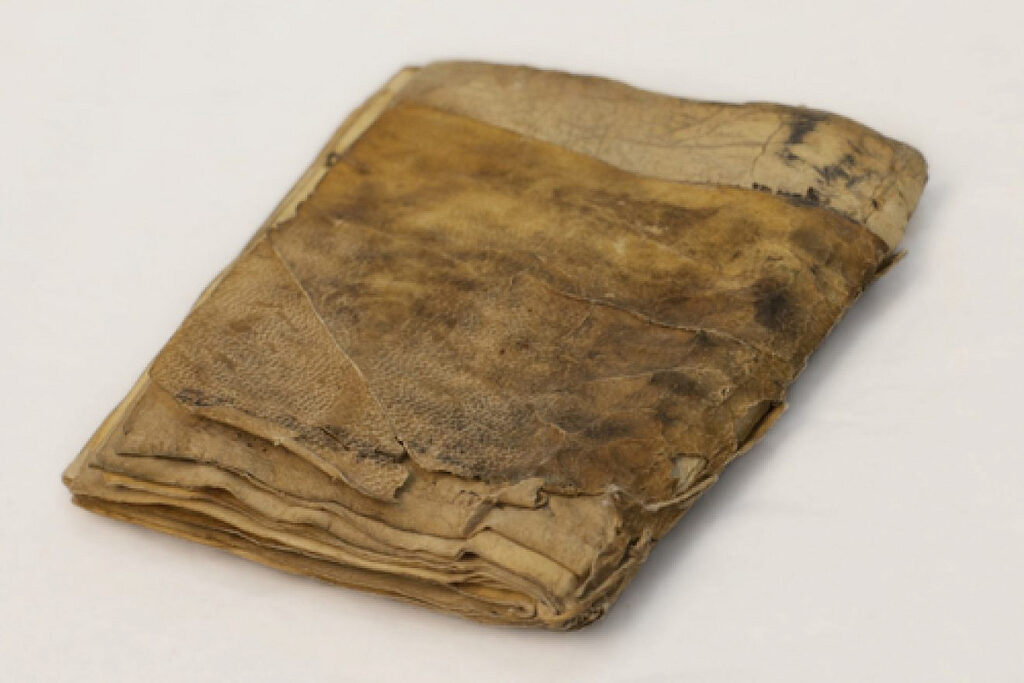
Happiness and Optimism May Help Protect Women Against Breast Cancer
Happiness and Optimism May Help Protect Women Against Breast Cancer
August 29, 2008
BEER-SHEVA, ISRAEL, August 22, 2008 — Happiness and optimism may play a role against breast cancer while adverse life events can increase the risk of developing the disease, according to a study by Professor Ronit Peled at Ben-Gurion University of the Negev in Israel. An article on the study titled “Breast Cancer, Psychological Distress and Life Events among Young Women” was just published in the British journal BMC Cancer (8:245, August 2008).
 In the study, researchers questioned women about their life experiences and evaluated their levels of happiness, optimism, anxiety, and depression prior to diagnosis.
In the study, researchers questioned women about their life experiences and evaluated their levels of happiness, optimism, anxiety, and depression prior to diagnosis.
Researchers used this information to examine the relationship between life events, psychological distress and breast cancer among young women.
A total of 622 women between the ages of 25 and 45 were interviewed: 255 breast cancer patients and 367 healthy women.
“The results showed a clear link between outlook and risk of breast cancer, with optimists 25 percent less likely to have developed the disease. Conversely, women who suffered two or more traumatic events had a 62 percent greater risk,” Peled said. “Young women who have been exposed to a number of negative life events should be considered an ‘at-risk’ group for breast cancer and should be treated accordingly.”
The researchers indicate that women were interviewed after their diagnosis, which may color their recall of their past emotional state somewhat negatively. However, according to Peled, “We can carefully say that experiencing more than one severe and/or mild to moderate life event is a risk factor for breast cancer among young women. On the other hand, a general feeling of happiness and optimism can play a protective role.”
In Israel, breast cancer rates are among the highest in the world.
“The mechanism in which the central nervous, hormonal and immune systems interact and how behaviour and external events modulate these three systems is not fully understood,” Peled states. “The relationship between happiness and health should be examined in future studies and relevant preventative initiatives should be developed.”
ABOUT AMERICANS FOR BEN-GURION UNIVERSITY
By supporting a world-class academic institution that not only nurtures the Negev, but also shares its expertise locally and globally, Americans for Ben-Gurion University engages a community of Americans who are committed to improving the world. David Ben-Gurion envisioned that Israel’s future would be forged in the Negev. The cutting-edge research carried out at Ben-Gurion University drives that vision by sustaining a desert Silicon Valley, with the “Stanford of the Negev” at its center. The Americans for Ben-Gurion University movement supports a 21st century unifying vision for Israel by rallying around BGU’s remarkable work and role as an apolitical beacon of light in the Negev desert.
About Ben-Gurion University of the Negev
Ben-Gurion University of the Negev embraces the endless potential we have as individuals and as a commonality to adapt and to thrive in changing environments. Inspired by our location in the desert, we aim to discover, to create, and to develop solutions to dynamic challenges, to pose questions that have yet to be asked, and to push beyond the boundaries of the commonly accepted and possible.
We are proud to be a central force for inclusion, diversity and innovation in Israel, and we strive to extend the Negev’s potential and our entrepreneurial spirit throughout the world. For example, the multi-disciplinary School for Sustainability and Climate Change at BGU leverages over 50 years of expertise on living and thriving in the desert into scalable solutions for people everywhere.
BGU at a glance:
20,000 students | 800 senior faculty | 3 campuses | 6 faculties: humanities & social sciences, health sciences, engineering sciences, natural sciences, business & management, and desert research.
For all press inquiries, please contact:
James Fattal, J Cubed Communications
516.289.1496



